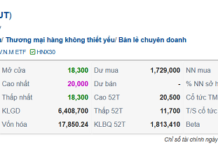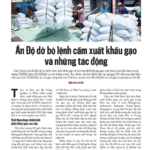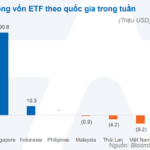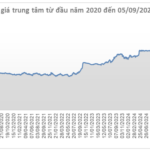The draft Law on Investment in the form of Public-Private Partnerships (PPP) is currently being discussed and revised at the 8th session of the 15th National Assembly. This law amendment aims to address urgent issues in the PPP investment landscape by simplifying administrative procedures and promoting decentralization and delegation of authority in business and PPP investments.
One of the notable changes in the PPP Law amendment is the removal of restrictions on investment fields and minimum capital requirements. Previously, only five fields were open for PPP investment, with a minimum capital requirement ranging from VND 100 billion to 200 billion. This limited the potential for attracting investment in smaller-scale projects with high development potential.
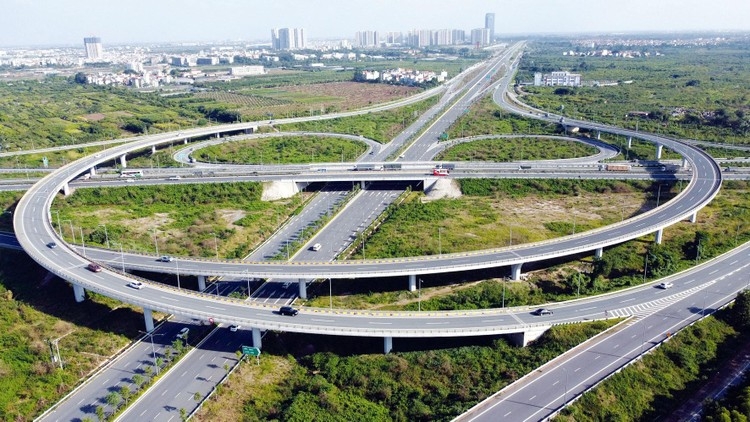
The amended Law on PPP Investment is expected to unblock bottlenecks for projects.
By removing these restrictions, the draft law facilitates projects from diverse fields, catering to the needs and practical conditions of each locality. This not only encourages investors to explore new fields but also creates opportunities for localities to undertake projects that were not previously possible.
The bill also proposes considering a higher ratio of state capital, exceeding 50% but not exceeding 70% of the total investment, especially for projects where land clearance costs account for more than 50% of the total investment or those in economically and socially challenging areas. This decision significantly reduces financial burdens on investors and incentivizes their participation in high-risk projects.
Increasing the state capital ratio will reassure private investors and ensure that projects are executed with high quality and within reasonable timelines. This can expedite the progress of critical infrastructure projects, meeting the country’s economic development needs.
Representative Tran Van Tuan from Bac Giang province remarked that amending and supplementing the PPP Law would help address the challenges faced by investors and unlock resources, especially given the limited state budget.
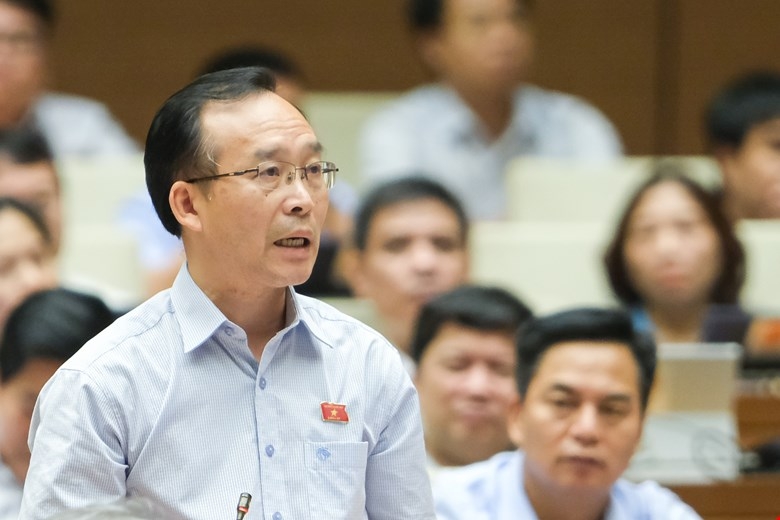
Representative Tran Van Tuan from Bac Giang province
Investors are keenly interested in several amendments, including: adding provisions for compensating investors for contract termination before the agreed-upon term; increasing the state capital ratio in PPP projects to over 50% in special cases; and supplementing state capital to address the risk of revenue reduction in PPP projects.
According to Representative Tuan, the current PPP Law only stipulates state capital support for infrastructure development to enhance financial efficiency during the construction phase (as stated in Clause 1, Article 70). There are no provisions for revenue support when projects experience unforeseen declines, not attributable to investors. This has caused difficulties for some projects during the operation phase, dampening investor confidence and interest in new PPP projects.
“Therefore, the drafting committee should consider adding provisions to the draft Law regarding state capital support for PPP projects signed before the Law takes effect if necessary. Additionally, detailed regulations on procedures, application subjects, and risk-sharing mechanisms between investors and lenders in such cases should be delegated to the Government,” suggested Representative Tran Van Tuan.
Representative Luu Ba Mac from Lang Son province mentioned that some localities, including Lang Son, Bac Giang, and Hanoi, have BOT projects that were contracted before the PPP Law took effect and have already been implemented and put into operation. However, these projects are facing unexpected revenue declines, affecting their financial plans and prolonging their execution.
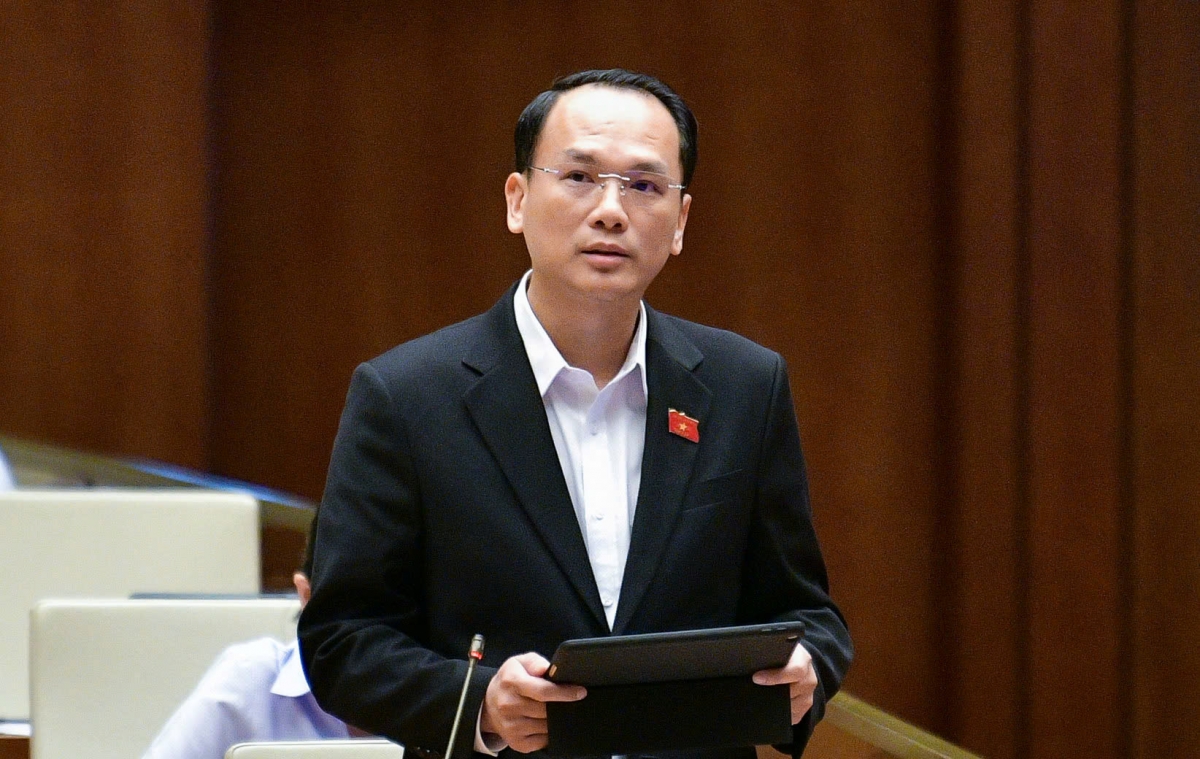
Representative Luu Ba Mac from Lang Son province
The representative from Lang Son suggested that for operating projects that have encountered quantifiable difficulties due to objective reasons beyond the investors’ control, such as changes in planning, price control policies, fee exemptions or reductions, or a significant decrease in traffic volume compared to the initial financial plan, harmonious solutions are needed to balance the interests and share the risks among the involved parties.
“The law drafting agency needs to consider and review this issue more carefully to remove obstacles for businesses and related agencies, thereby improving the efficiency of the PPP investment method,” requested Representative Luu Ba Mac.
Regarding the regulation in point b, clause 16 of the draft law, which amends point d, clause 1, Article 69 of the current PPP Law, the objective is to use state capital to make up for the reduction in revenue in PPP projects. The representative proposed that the law drafting agency should expand the scope of this regulation to include projects that have already been put into operation but are facing objective difficulties and require additional state capital to maintain financial efficiency.
Furthermore, to ensure flexibility and practicality, Mr. Mac suggested adding to Clause 3, Article 69 of the current PPP Law, delegating the Government to stipulate the management and use of state capital in PPP projects in detail. This should include conditions for application, support conditions, and the responsibilities of related agencies.
Additionally, Mr. Luu Ba Mac believed that it was necessary to adjust the mechanism for sharing revenue increases and decreases as stipulated in Article 82 of the current PPP Law to apply to BOT projects contracted before the PPP Law took effect. This would allow for flexible handling of old contracts, ensuring harmonious interests among the parties involved and conforming to the new legal changes.
Unlocking the Power of PPPs: Navigating Interests and Risk for Mutual Success
It is believed by several National Assembly delegates that to unblock the “bottleneck” in infrastructure projects, especially in the transportation sector, it is necessary to devise harmonious solutions that balance the interests and risks of all involved parties in public–private partnership (PPP) investment projects.
The $67.3 Billion Mega-Project: Europe Watches Vietnam’s 1,541km Venture with Keen Interest.
The ambassador of this European nation in Vietnam expressed keen interest in and close attention to the key project under consideration by the National Assembly.
Unlocking India’s Rice Exports: Exploring the Impact
The Indian government’s decision to lift the ban on common rice exports has resulted in a $24/ton decrease in Vietnam’s rice export prices in October 2024 compared to the previous month. However, as of now, Vietnam’s 5% broken rice remains more expensive than that of Thailand by $16/ton and India by $46/ton.
The Great ETF Snub: Vietnam Left Out in the Cold Despite Southeast Asia’s Allure
Week 04-08/11/2024 saw a significant wave of capital outflows across multiple Asian markets, with Vietnam recording a notable foreign net withdrawal of up to $144 million, equivalent to VND 3,600 billion. Among this, ETFs withdrew $9.2 million, contributing to the overall outflow. This period marked a notable shift in investment trends, highlighting the dynamic nature of global financial landscapes and the intricate interconnectedness of international markets.



















